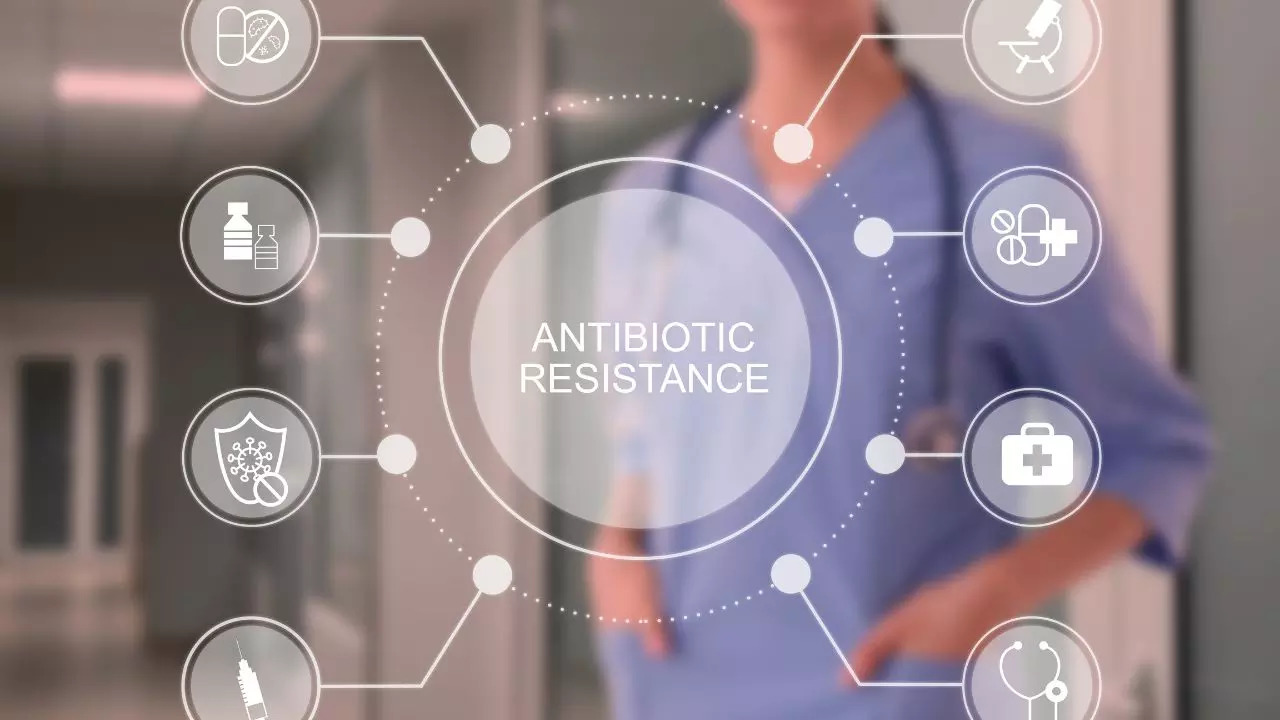Contents
The aim of cracking down on antibiotic sales in Kerala is to reduce growing antimicrobial resistance, know what it is
Kerala witnessed a drop of Rs 1,000 crore in antibiotic sales last year following a government crackdown on antibiotic sales. There are many infectious diseases that are on the rise due to antimicrobial resistance which is caused by the excessive use of antibiotics, one of them being antimicrobial resistance. Read on to know more about antimicrobial resistance and ways to prevent it.

Crackdown on antibiotic sales in Kerala aims to reduce rising antimicrobial resistance
There has been a decline of Rs 1,000 crore in the sale of antibiotics in Kerala last year. According to the report, out of the annual sale of medicines of Rs 15,000 crore in the state, the share of antibiotics is Rs 4,500 crore. The government implemented strict rules, due to which the sale of antibiotics declined by Rs 1,000 crore.
There are many infectious diseases which are increasing due to this. Antimicrobial Resistance Which is caused by excessive use of antibiotics. The state health department has also canceled the licenses of several drug stores that were selling antibiotics without a doctor’s prescription. According to a report by Onmanorama, officials have also instructed medical organizations like the Indian Medical Association to be cautious while prescribing antibiotics to patients.
The All Kerala Chemists and Druggists Association says the drop in antibiotic sales is mainly due to government intervention and a reduction in prescribing of antibiotics by doctors.
What is antimicrobial resistance?,
The Centers for Disease Control and Prevention (CDC) says that antimicrobial resistance (AMR) occurs when germs develop the ability to defeat the drugs designed to kill them. These are usually antibiotics that are prescribed. AMR has the potential to affect the healthcare, veterinary, and agricultural industries, as well as people at any stage of their lives.
The World Health Organisation (WHO) says AMR is one of the world’s most serious health problems. It directly caused about 1.27 million deaths and caused 4.95 million deaths worldwide in 2019.
Antimicrobial resistance is a natural process, but it is caused by the combination of germs exposed to antibiotics and antifungals and the spread of those germs and their resistance mechanisms.
The use of antibiotics also contributes to antimicrobial resistance. These drugs kill some germs that cause infections, but they also kill helpful germs that protect our bodies from infection, the CDC says. Antimicrobial resistance grows when antibiotics and antifungals pressure bacteria and fungi to adapt. Antimicrobial-resistant germs survive, multiply and spread to other germs. These surviving germs have resistance traits in their DNA that can spread to other germs.
Ways to Prevent Antimicrobial Resistance
It is not possible to completely eliminate antimicrobial resistance, as microorganisms will always be able to modify themselves and adapt to their environment. However, there are some ways to limit the risk and these methods are as follows:
- Speak to your doctor to discuss the symptoms and decide on the right medication to treat any illness.
- Follow the directions mentioned in the recipe.
- Do not take anyone else’s medicine or share your medicine with them.
- Do not save old medicines for later use.
- Get vaccinations as recommended.
Get the latest news on Times Now as well as breaking news and top headlines from across health and the world.


